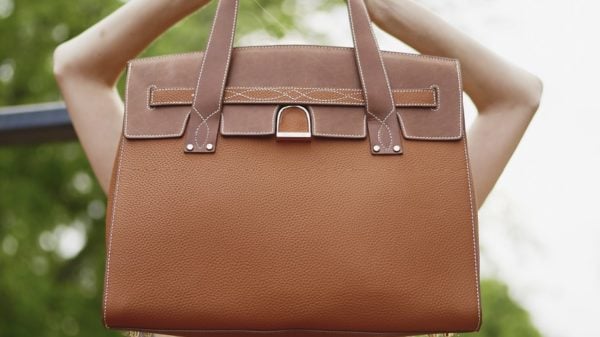With the new year in full swing my focus has been on saving. Living on my own over the years, has taught me a lot.
First thing: 9 am appointments aren’t a good idea.
Second thing: Coffee is your best friend.
Third thing: It’s never too early to start saving.
For me, the last lesson has been the most important one. I always thought that saving was a grown up thing to do, or I’ll start saving when I get married or when I become an adult. I started saving up during the summer after my first year at university. I had gotten a basic pay, full time position and I was super excited. I used to spend my money like no tomorrow but then it was too long into the summer when my parents decided to knock some sense into me about the importance of saving some cash. Throughout my years of merely trying to adult, I have come up with some basic and easy tips and tricks that can help you save some cash for a rainy day, a new handbag or a weekend getaway.

TIP #1: Set up a Savings Account
I cannot stress how important it is to set up a TFSA (Tax Free Savings Account) or any other type of an account that you can keep your money in and feel guilty if you think about spending that amount. For myself, I have a TFSA because the money in that account is non-tax deductible. Plus if you decide to invest that amount, the income generated from it is also non-tax deductible. So how I have set up my account is that on a specific date, a certain percentage of money gets transferred from my checking into my TFSA. So even before I get a chance to use
the money, it’s already gone into my savings account. And the best thing about my TFSA is that all my transactions are charged, so why would I spend money to spend more money, right? No thank you!
TIP #2: The 3 Day Rule
I recently I discovered the 3 day rule. So how that works is that if I want something, I don’t buy it there and then, but I wait 72 hours. Waiting for 72 hours basically curbs your impulse purchases. The 3 day period weighs out the pros and cons of the item better than the 10 mins you give yourself in the store. Plus wouldn’t you buy something that you actually love, rather than something that will only satisfy your retail cravings.
TIP # 3: Meal Plan
A lot of the times when I was living alone, I was too lazy to cook and would end up ordering in, and that did not look cute on my bank statements. I decided to knock some sense into my sad, broke and lazy bum and bought groceries and did some serious meal planning. In addition to cooking at home, try to take lunch and even coffee from home. I know you must be thinking but coffee is so cheap, but believe me it adds up. Cooking at home sometimes is a lot of work, and not everyone has time. Either meal plan on Sundays, or make small ziploc bags of ingredients from before. One more incentive, making food at home made me more conscious in terms of what I was putting in my body and made me healthier. So what’s better than saving money and getting healthy?
TIP #4: Retail Therapy
As humans, it’s instinctual to look for comfort and solace when life gets too stressful, and for most people (including myself) we ease our stress by swiping our credit card. As a former shopaholic, I have realized most of my closet was full of things I bought when I was stressed and depressed. If you find yourself upset about something, don’t think about seeking comfort in a clothing rack of a store, and instead try to do something more productive, something you regret an hour after doing. What seems to help me the most is going out for a run, or working out. Try to take yourself out of the negative mindset by doing something that will positively impact your mind and your body. Unlike math, two negatives won’t lead to a positive in this case.
TIP# 5: Short Term VS Long Term
Always think in the long term. With savings, you need to set a target, and have a clear idea what you are saving for. If it’s a trip, cars, or even a purse, don’t sacrifice your long term gratification, for short term happiness. Every time you spend your savings, think about what you will be giving up long term. Taking a second to reevaluate your purchases and how you spend your money really puts things into perspective as well as keeps your money safe.
Contributor: Zainab Mushtaq
Check out more Adulting here:
How to Tell if You’re Working For A Bad Boss and What To Do About It










Pingback: A Simple Guide to Budgeting for Student Life | STYLE.CA